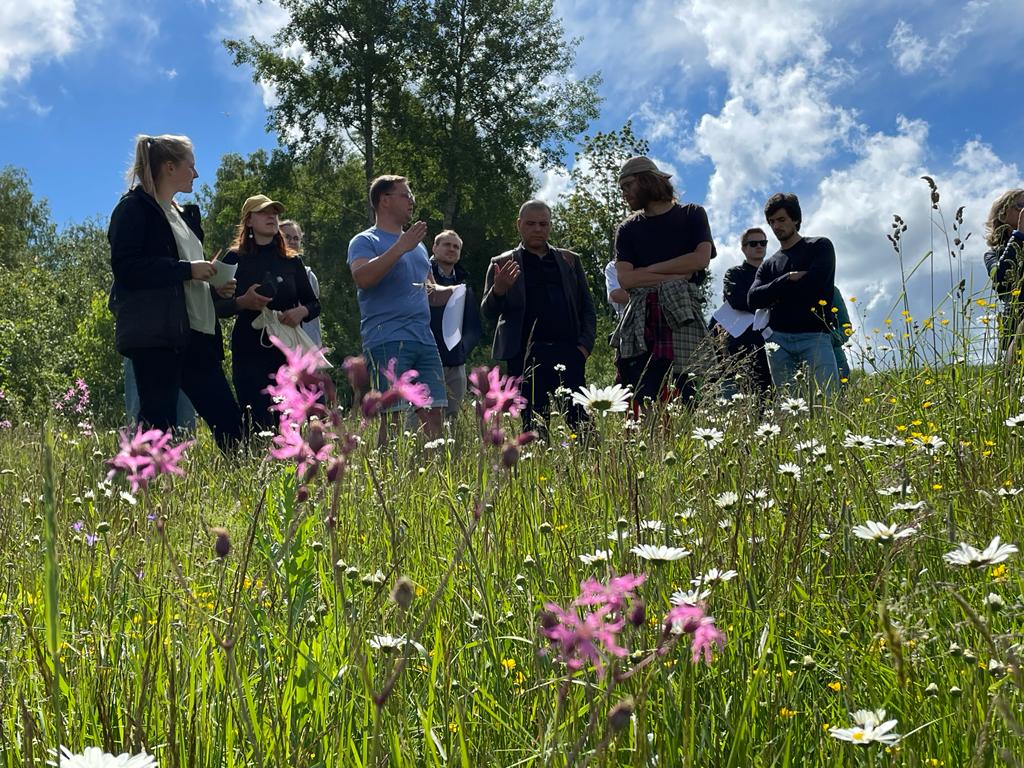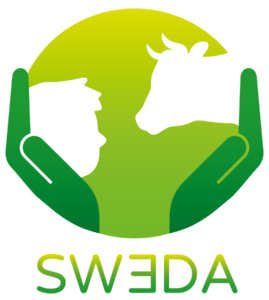The Consortium’s activities put an emphasis on the concept of the bioeconomy towards the transition to a sustainable agriculture and “agriculture of well-being”. In the exploitation of the potential agro-farming resources and production techniques for added value products, the project aimed not to alter the environmental balance of it yet preserving social justice and inclusiveness, helping to improve the quality of life of farmers, as well as promoting the well-being of rural areas and society as a whole.
SWEDA promoted innovative entrepreneurial initiatives aimed at promoting wellbeing in rural areas by addressing quantitative solutions towards environmental, economic, and social aspects, preserving the agro-biodiversity and focusing on the ability of the agricultural sector to create well-being through the production of complementary goods and eventually services. This approach refers to a new and inclusive vision of the agro-farming sector sustainability.
SWEDA aimed to combine the work of the primary sector with several other functions, which affect the quality of production, biodiversity and conservation of the rural human aspect by closing the distance among research, innovation and technical knowledge.
Sustainable agro-farming relies on three main targets: environmental and human health, economic profitability, and social equity. Based on this definition there was a need to understand how to build an optimal roadmap towards a range of possible practices, principle, concepts and policies to reach these goals by the support of quantitative and qualitative evaluation tools which were promoted during SWEDA implementation.
A key aspect highlighted by the EU is the agro-farming multifunctionality, which takes place through 3 interlinked dimensions:
- Economic, as diversification in the production system;
- Environmental, as ecosystems and agro-biodiversity preservation and enhancement of the rural landscape;
- Social, protection and keeping of local traditions alive through itineraries, recreational and educational activities.
The second international workshop for higher education students enrolled in the blended course offered within the framework of the Erasmus+ project SWEDA, took place in Riga (Latvia) from the 18th to the 25th of June 2022.
Participating students were involved in practical activities and technical visits related to the competencies developed during the first two units of the Module 2 of SWEDA blended course. A relevant part of the workshop is focused on the co-creation event “Bioeconomy challenges – case in apple garden”, which will obtain added value from the tasks and assignments during the site visits.


